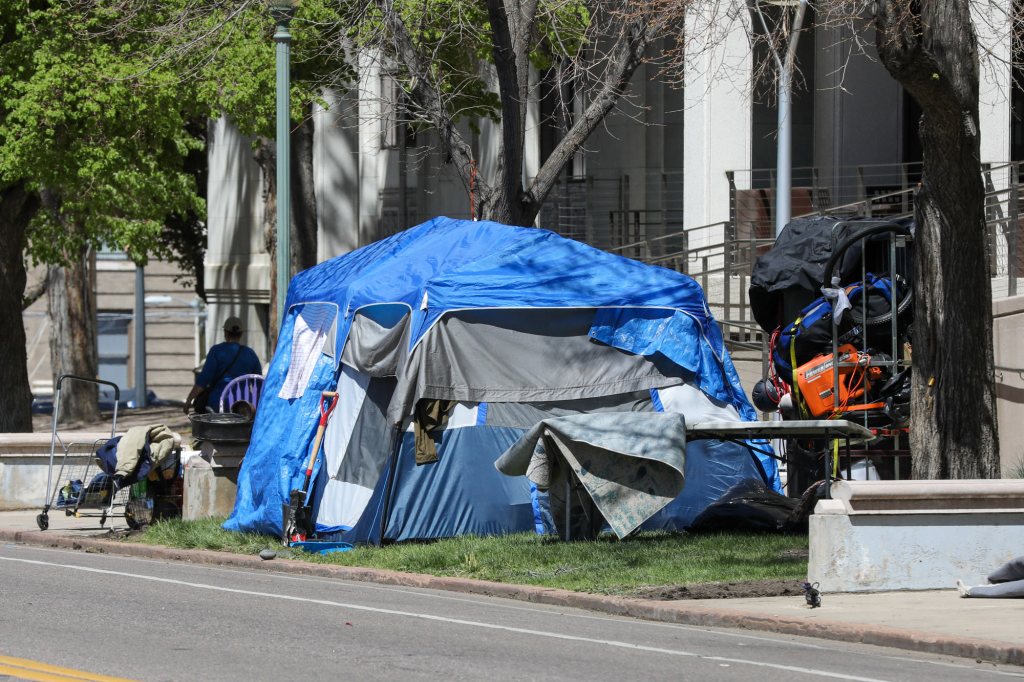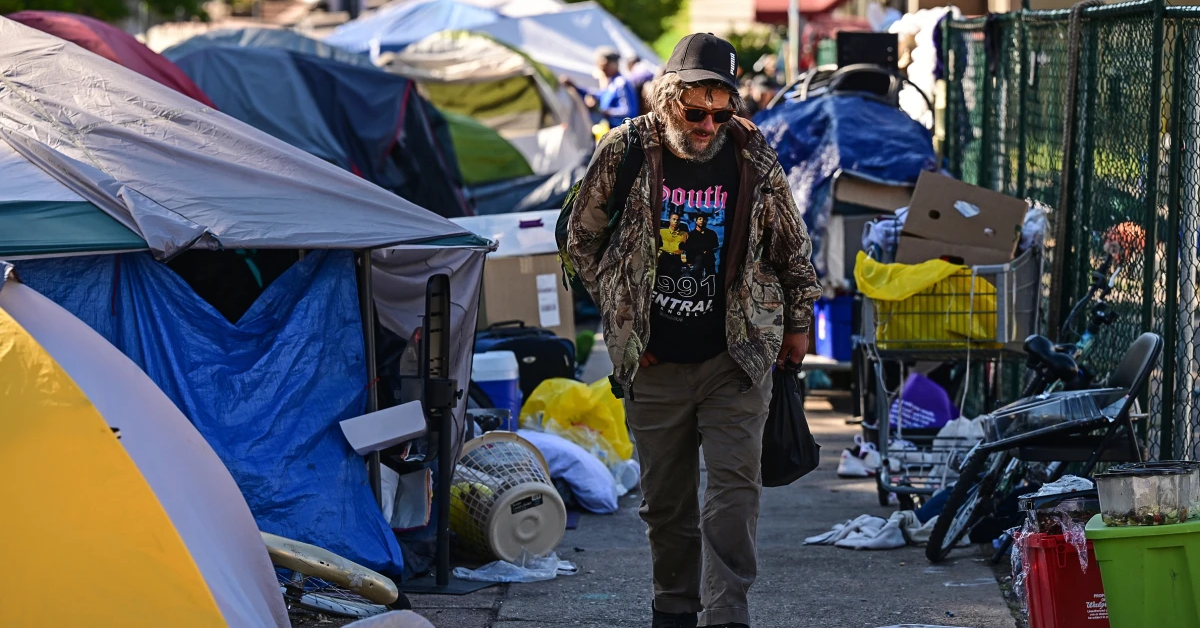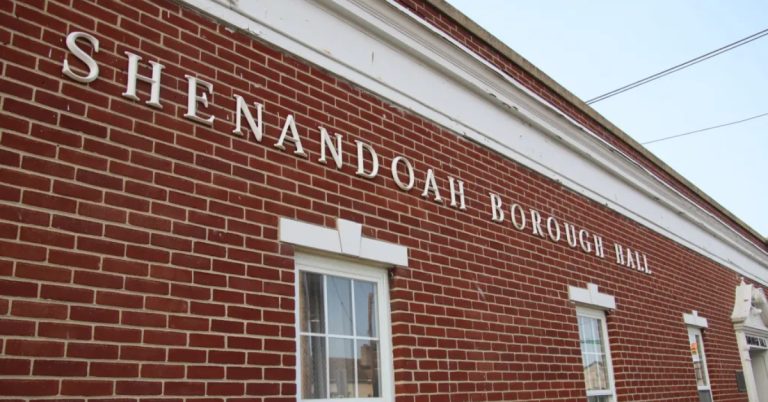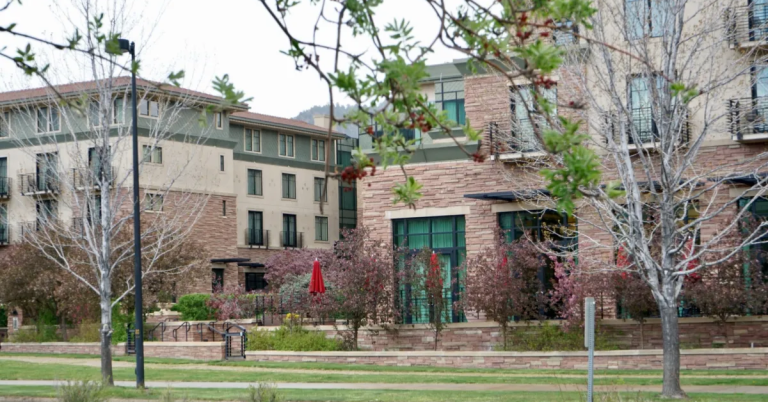Denver’s homeless hotels, part of the All-in Mile High program, paint a grim picture of life inside these shelters. The survey, conducted by Housekeys Action Network Denver (HAND), reveals that conditions are unsafe, staff are poorly trained, and critical support services for residents are insufficient. These findings were presented to the City Council’s Safety, Housing, Education, and Homelessness Committee on Wednesday.
HAND empowered people with lived experience to carry out 60 in-person interviews and distribute 175 surveys to residents of four homeless hotels: the DoubleTree at 4040 Quebec, the Best Western at 4590 Quebec, the Comfort Inn at 4685 Quebec, and the Radisson at 4849 Bannock St.
These hotels have been repurposed as temporary shelters, but residents’ accounts of their experiences show serious flaws in the system meant to provide a haven for homeless individuals.
Unsafe Living Conditions and Disturbing Incidents
The DoubleTree hotel, in particular, has garnered significant criticism from residents. One resident described seeing a man’s dead body found in the stairwell, while another reported an incident where a man was allegedly strangling his wife.
These disturbing occurrences highlight the severe safety issues within the hotel. Many residents of the DoubleTree reported a lack of basic services, including water, for months, with portable shower trailers being the only temporary solution. The situation at the DoubleTree has led some critics to label it the “TroubleTree,” pointing to the dangerous environment and lack of attention to residents’ well-being.
In one striking interview, a resident was asked about the positive aspects of homeless hotels. Their response was chilling: “They help people die out of the public eye, so the upper class won’t be disgusted to see a dead gutter in the drain.” This sentiment reflects the deep sense of hopelessness and frustration many residents feel. Only 47% of survey respondents said they felt safe in their current living conditions, highlighting the widespread insecurity within these shelters.
Incompetent and Untrained Staff
The survey also revealed issues concerning the staff at these hotels. HAND’s report pointed out that staff members were often inconsistent in their actions, showed favoritism, and lacked the proper training to handle residents, especially those dealing with mental health crises or substance abuse.
One resident from the Best Western reported that staff frequently called the police for minor issues, including being on the grass at the DoubleTree, leading to feelings of persecution and mistreatment.

V. Reeves, a representative from HAND, emphasized that staff members need specialized training to effectively manage individuals who are experiencing mental health episodes or under the influence of drugs and alcohol.
Without proper training, these residents are sometimes wrongly blamed for their behavior, and mental health issues are treated as substance abuse problems. In some cases, individuals are even evicted for what staff misinterpret as intoxication rather than understanding the challenges they face.
The survey found that only 51% of residents felt that their mental health was being properly addressed, and many voiced the need for increased support for sobriety. This lack of proper care leaves individuals feeling neglected and unsafe, further compounding their sense of despair.
Barriers to Permanent Housing and Limited Support Services
The city’s plan to offer temporary shelter for 90 days was found to be insufficient, with residents typically staying an average of four months. The original intention of temporary housing for homeless individuals was clearly unrealistic, as the survey revealed that many residents remain trapped in the system long beyond their allotted stay. This has led some to question the effectiveness of the rapid rehousing model the city uses, which provides rental assistance for a limited period of one year.
However, as many residents are unable to secure steady employment or a stable income within that timeframe, they are left without a permanent housing solution once the rental assistance ends. As a result, many return to the streets after the rental assistance expires, continuing the cycle of homelessness.
Another glaring issue uncovered by the survey was the food situation in these shelters. Many residents expressed dissatisfaction with the meals provided at the hotels and said they would prefer to cook for themselves.
They requested hot plates, refrigerators, and kitchen utensils to prepare their meals, arguing that they would be better able to meet their nutritional needs. Additionally, many residents reported not having access to food stamps, even though they were eligible. This lack of access to basic nutrition further contributes to the hardships residents face.
Case Management and Maintenance Problems
The survey also found that case managers, who are supposed to assist residents in accessing support services and navigating the housing process, were often unhelpful. One-third of residents reported that their case managers were either “not helpful” or “somewhat helpful.” Some described their interactions with case managers as biased and punitive, with little support for addressing the barriers they faced in accessing housing, food, or healthcare.
The hotels themselves were found to have numerous maintenance problems. Residents reported regular issues with rodent infestations, with one survey respondent describing how mice had chewed through wires behind their fridge, creating a potential fire hazard. The ongoing maintenance problems, coupled with a lack of accountability and poor management, leave many residents feeling unsafe and unsupported.
Conclusion
The survey conducted by HAND paints a bleak picture of life inside Denver’s homeless hotels. While the All-in Mile High program was designed to provide shelter for those in need, the reality for many residents is one of unsafe conditions, inadequate support, and insufficient pathways to permanent housing.
As the city continues to address the homelessness crisis, these findings should serve as a call to action to ensure that the system provides not only temporary shelter but also the support and resources needed to help individuals transition out of homelessness for good.







Leave a Comment